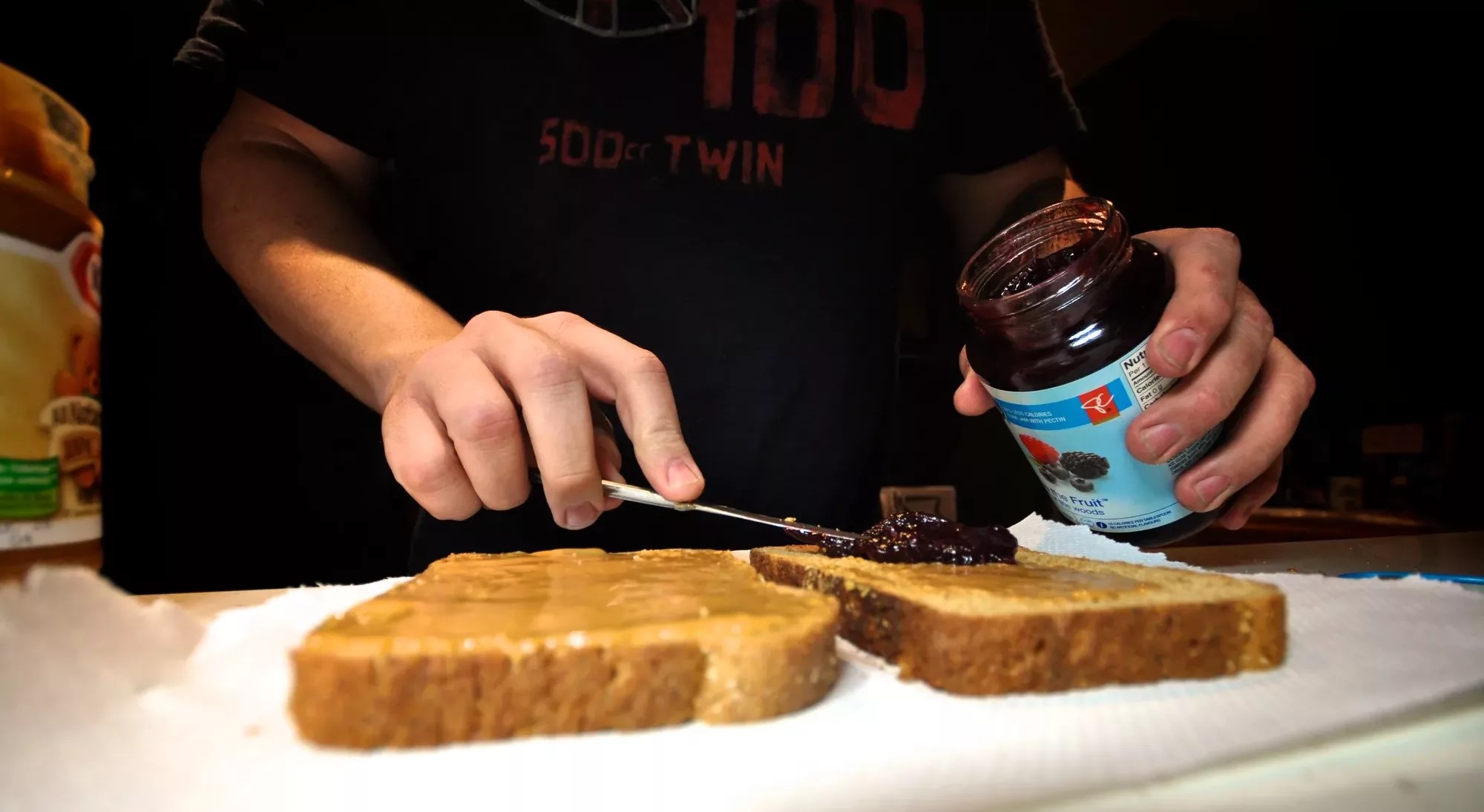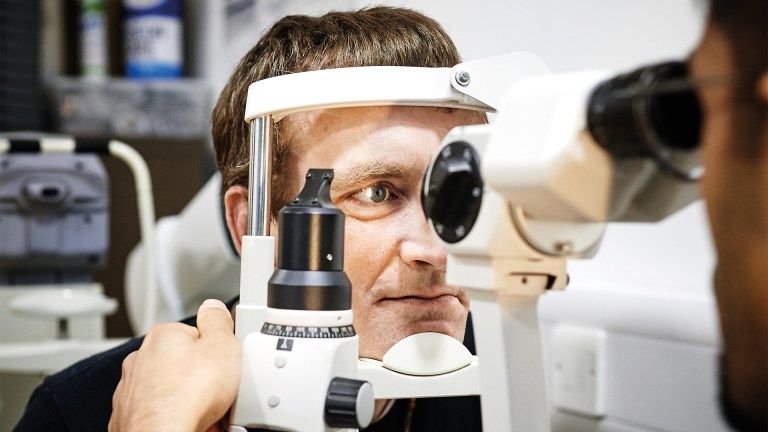According to the NOVA classification, ultra-processed foods typically have five or more ingredients and include ingredients, “not commonly used in culinary preparations”.
These can include dyes, flavour enhancers and high-fructose corn syrup.
Another hallmark of ultra-processed foods are “sophisticated and attractive packaging” and aggressive marketing to children and adults. Often, they will be ready to eat with no preparation.
Drinks classed as ultra-processed include carbonated drinks and distilled spirits such as whisky, rum, vodka and gin. It is this distillation, after the fermentation, that differentiates these ultra-processed drinks from processed drinks such as beer, cider and wine.
Ultra-processed foods are also different to unprocessed or minimally processed foods such as dried fruits, chickpeas, steak and pasta.
Some foods are also processed, but fall short of being classed as ultra-processed, including unpackaged bread, bacon and tinned fish.
Advertising helps fund Big Issue’s mission to end poverty
If you’re curious, this tool – created around American goods – shows you how processed individual items are.
Your support changes lives. Find out how you can help us help more people by signing up for a subscription
What are ultra-processed foods to avoid?
There’s nothing wrong with ultra-processed foods in a balanced diet. But there is growing evidence a diet high in ultra-processed foods is linked to health risks.
Academics in Brazil behind the NOVA classification recommend to “always prefer natural or minimally processed foods and freshly made dishes.”
This involves choosing fruit, milk, and water over biscuits, shop-bought dairy drinks and fizzy drinks. Freshly made dishes are preferable to things that don’t need preparation, as are home-made puddings to shop-bought ones.
However, if you or someone you know has an eating disorder, changes to diet aren’t so straightforward, says eating disorder charity Beat.
Advertising helps fund Big Issue’s mission to end poverty
“People who have an eating disorder or who are concerned about their health shouldn’t change their diet in any way without consulting their GP or care team first,” Tom Quinn, Beat’s director of external affairs, told The Big Issue.
“Meal plans for someone with an eating disorder will often contain ‘fear foods’ which are often ultra-processed or high-calorie such as chocolate or crisps, as the person affected will need to rebalance their relationship with all types of food.”
Avoiding certain foods may also be a luxury, with time and budget concerns – especially in the cost of living crisis.
More thank 760,000 people turned to Trussell Trust food banks for the first time between April 2022 and March 2023, as soaring food prices left families struggling to afford essential food items.
Get the latest news and insight into how the Big Issue magazine is made by signing up for the Inside Big Issue newsletter
What are the health risks of ultra-processed foods?
“In the last decade, the evidence has been slowly growing that ultra-processed food is harmful for us in ways we hadn’t thought,” prof Tim Spector of KCL told the BBC.
Advertising helps fund Big Issue’s mission to end poverty
“We’re talking about a whole variety of cancers, heart disease, strokes, dementia.”
A study published in January 2023 found increased consumption of ultra-processed foods was associated with an increased risk of ovarian cancer, and an increased risk of mortality from overall, ovarian, and breast cancer.
Studies have also found an association between a diet high in ultra-processed foods and an early death. However, these studies did not establish a causal link. Other studies found a link to health issues including obesity and hypertension.
If you’re worried about your own or someone else’s health, you can contact Beat, the UK’s eating disorder charity, 365 days a year on 0808 801 0677 or beateatingdisorders.org.uk










